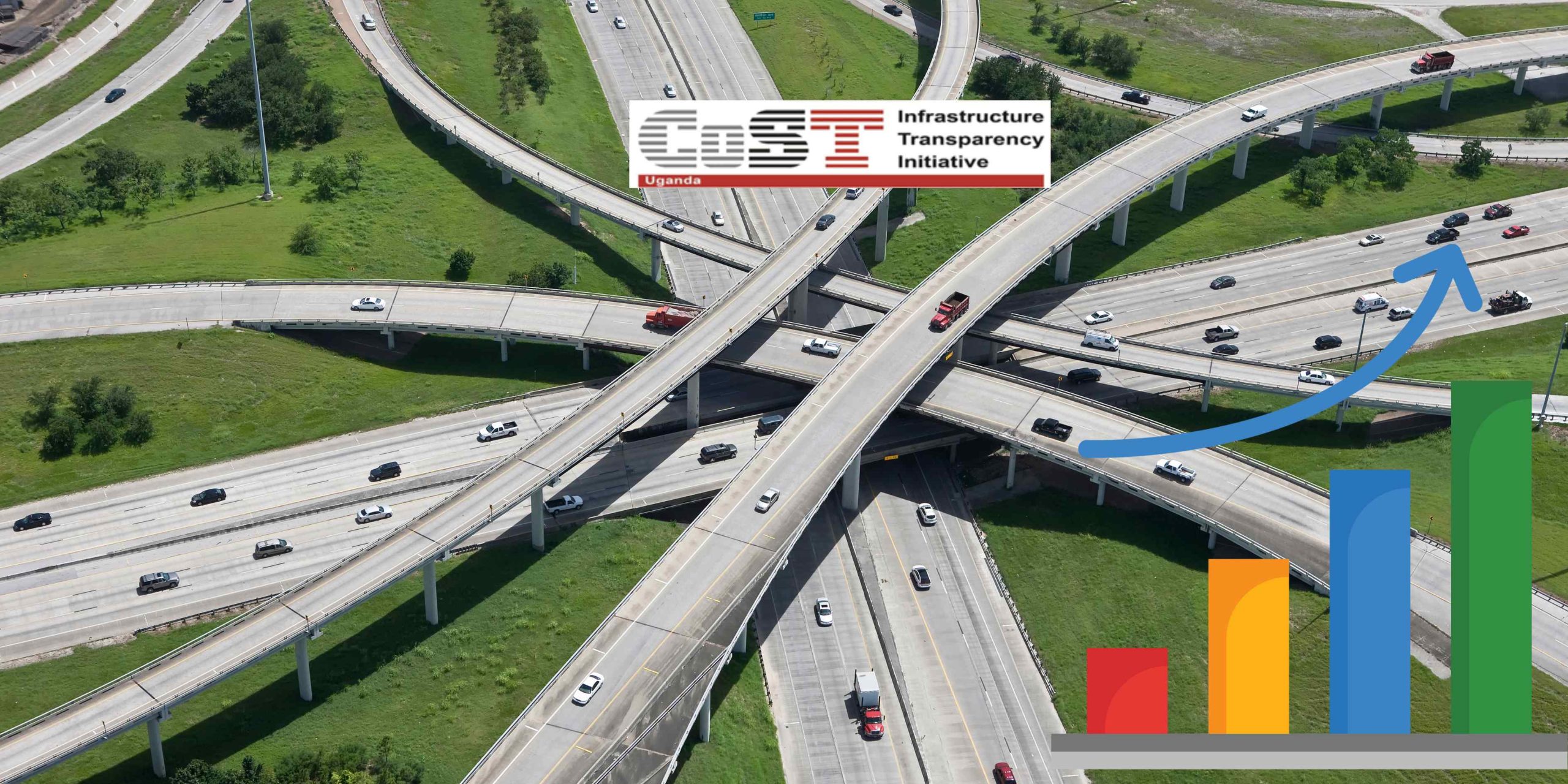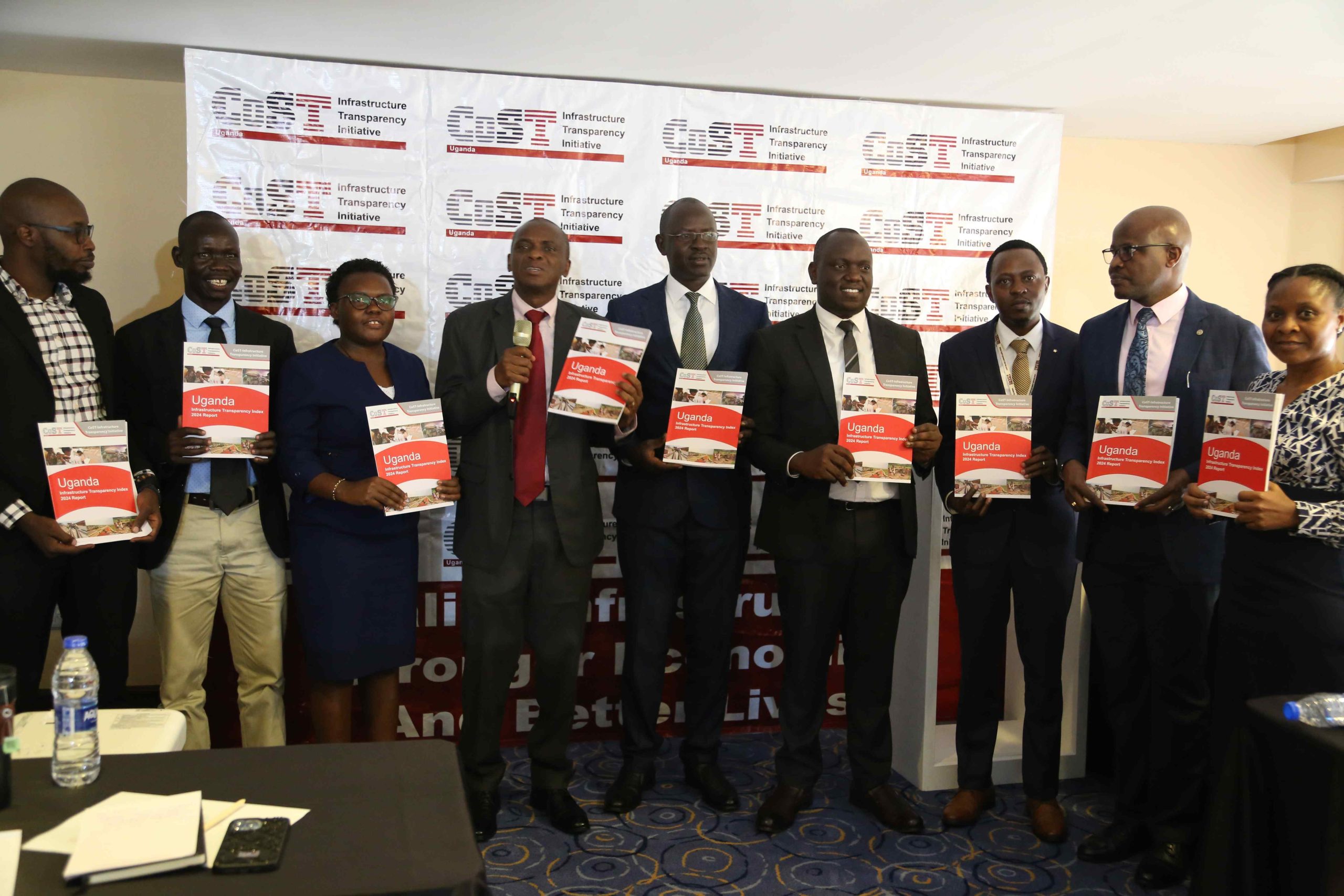
Physical infrastructure, and particularly road construction and maintenance, usually accounts for bigger chunks of the government budgets compared to most other sectors. This, therefore, calls for citizens’ knowledge and understanding of the projects, especially if they are funded by the government, and more so, if the funds are borrowed, to be able to demand accountability and the promised service.
Most road projects in Kampala, for example, are done using funds borrowed from development partners like the World Bank and the African Development Bank. However, it may be difficult to know what to demand unless the initial stages of the project provide platforms for data sharing, including public or resident consultations and a framework to make details of the project public.
CoST Uganda, a multi-stakeholder initiative, promotes transparency by disclosing data from public infrastructure investment, helping to inform and empower citizens, enabling them to hold decision-makers to account. According to CoST, informed citizens and responsive public institutions help drive reforms that reduce mismanagement, inefficiency, corruption, and the risks posed to the public from poor quality infrastructure.
A look around Kampala reveals varying levels of public knowledge of the infrastructure projects that go through or are situated in their areas, and cannot therefore, even demand value for money, recognition of their human rights, or the protection of the environment. The Nakawa-Ntinda Road reconstruction and dualing and the Kulambiro Ring Road upgrade to paved standard, both in Nakawa Division, along with the reconstruction and widening of Acacia (John Babiiha) Avenue in Kampala Central Division, are examples of recently concluded funded projects.



